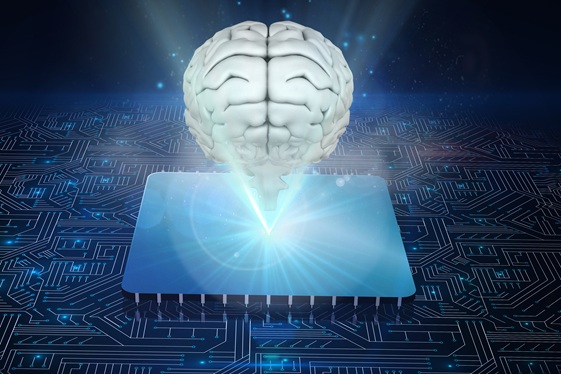
Artificial intelligence has transformed many industries, but few have felt its impact as profoundly as the financial sector. From the early days of automated trading algorithms to the sophisticated AI-driven portfolio management systems of today, the role of AI in investing has expanded rapidly. What once required human intuition and deep market knowledge is now being executed by machines at unprecedented speed and scale.
But how did we get here? Understanding the historical evolution of AI in investing provides valuable insight into how these technologies are shaping financial markets today—and what we can expect in the future. The timeline below illustrates key milestones in AI’s integration into investment strategies, highlighting how data, automation, and machine learning have steadily redefined decision-making in finance.
Early machine learning models influence trading strategies and risk assessments.
IBM’s Deep Blue beats Garry Kasparov, showcasing AI’s decision-making potential.
Financial institutions leverage AI for real-time risk evaluation.
AI fails to foresee the financial crisis, prompting enhancements in predictive modeling.
IBM Watson wins Jeopardy! and inspires AI use in financial news analysis.
Automated financial advising becomes mainstream, powered by AI insights.
AlphaGo’s victory over a human champion pushes AI applications in financial predictions.
AI enhances portfolio optimization, improving risk-adjusted returns for investors.
AI models begin analyzing sustainability factors to optimize ESG investment strategies.
Financial institutions deploy AI models that provide real-time insights and predictive analytics.
AI-driven financial systems operate with minimal human intervention, enabling dynamic, real-time investment decisions.
Each industrial revolution brought sweeping change, but none moved as fast as AI. Unlike steam engines or electricity, which required decades to reshape economies, AI’s financial influence is expanding in real time, shaping global markets instantly. But is AI truly revolutionizing finance, or is it merely refining and optimizing existing strategies?
For centuries, investing was a blend of data analysis, intuition, and human decision-making. Now, AI detects patterns, executes trades, and even manages portfolios without human oversight. Yet, does this mean AI is making finance more efficient—or is it stripping away the unpredictability and nuance that have historically driven innovation in markets?
As AI adoption accelerates, one pressing question remains: Are we still in control, or are we building a system that will eventually become too fast, too complex, and too automated to regulate effectively?
Markets are not just numbers; they are narratives shaped by sentiment, uncertainty, and strategic thinking. The greatest investors don’t simply follow data—they anticipate the unseen. Warren Buffett’s success isn’t just about numbers; it’s about knowing when fear has overtaken rationality, when an undervalued asset is poised for a turnaround.
AI, for all its power, operates within the boundaries of past data. It cannot truly see beyond the numbers. It cannot grasp a geopolitical shift before it unfolds or sense the irrational exuberance of a speculative bubble before it bursts. It is programmed to follow patterns, not question them.
This raises a critical challenge: If every firm uses AI to optimize strategies, won’t they all reach the same conclusions? Won’t markets become hyper-efficient, erasing opportunities and amplifying risks? Could we be heading toward a financial ecosystem where AI’s dominance removes the very inefficiencies that drive opportunity?
AI’s role in finance is still unfolding, but we are at a turning point. Will AI create a system of seamless efficiency, where risk is managed perfectly, and investment opportunities are optimized with precision? Or will its rise lead to a financial ecosystem so optimized that it becomes fragile—over-reliant on past patterns and unable to adapt to the next crisis?
The biggest risk may not be AI itself but our blind trust in it. We saw this in 2008, when overconfidence in complex financial models led to catastrophe. What happens when markets are controlled by AI-driven models that all think the same way, act on the same data, and execute trades in milliseconds? Does this create stability, or does it make the system more volatile than ever?
The real question is not whether AI can replace human investors—it’s whether financial markets should be left to a system that prioritizes optimization over adaptability. Will AI enhance financial intelligence, or will we wake up to a world where markets no longer reflect human logic at all?